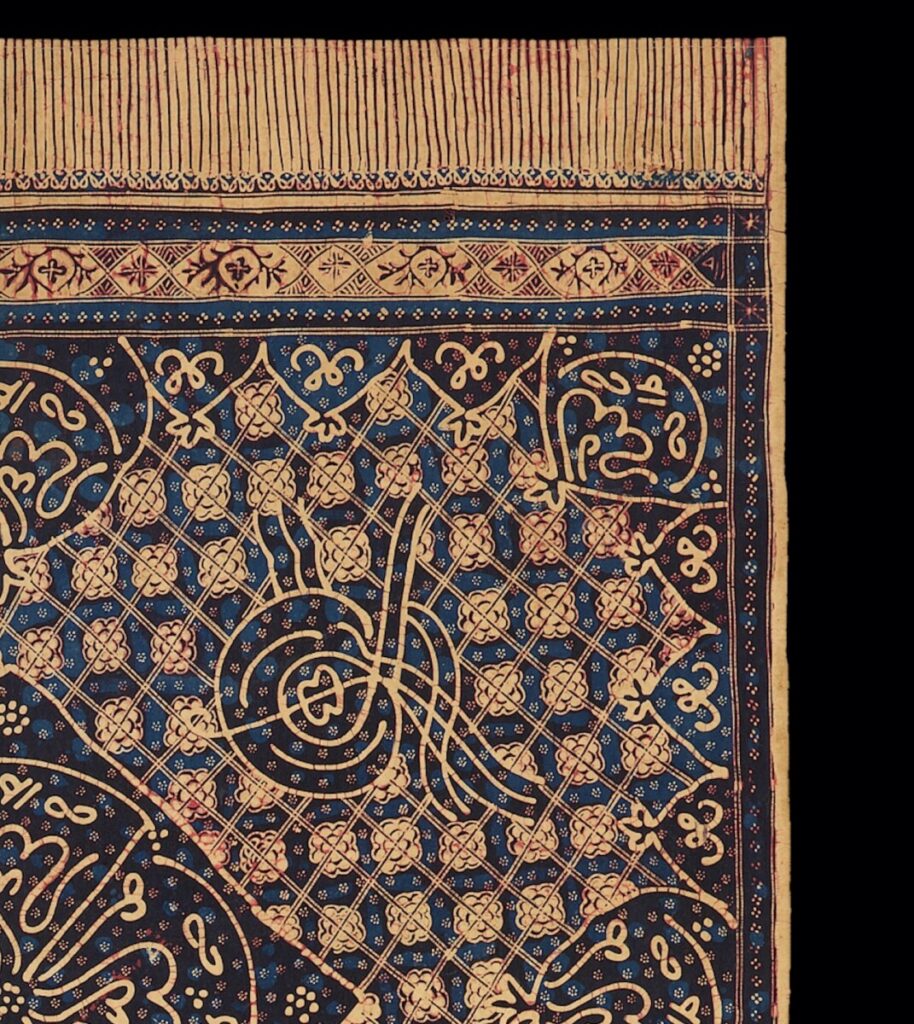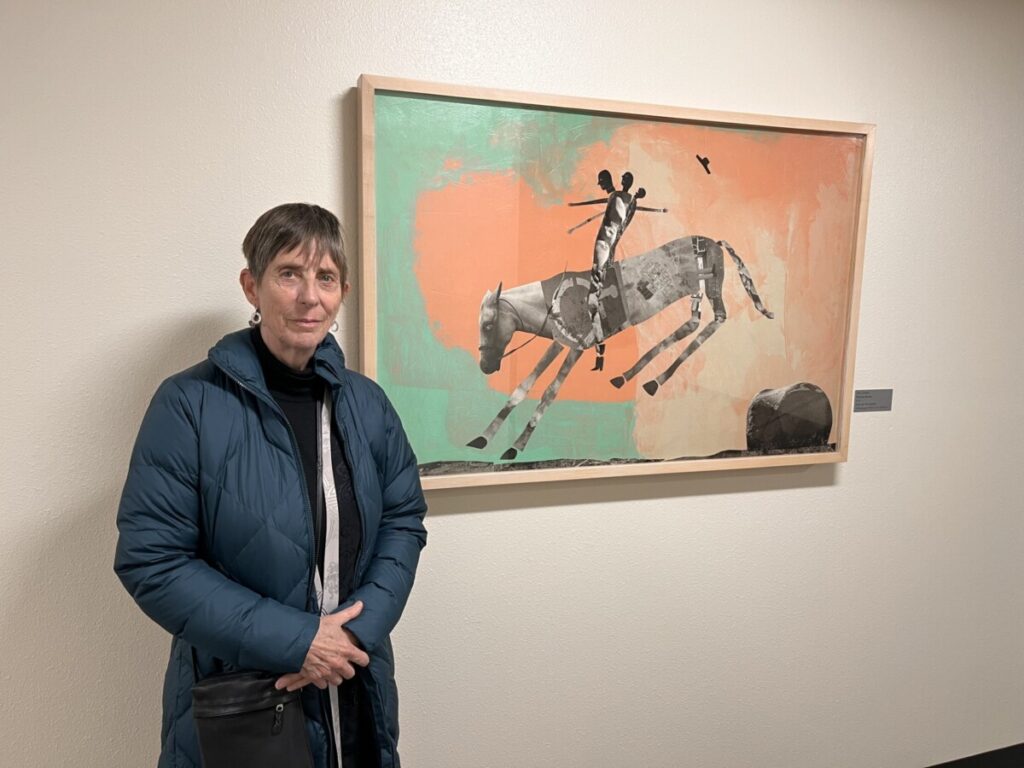Friday, May 25
6:00 p.m.
Museum Boardroom
Dr. Ana Paulina Gámez will speak on Mexico’s iconic textile – the rebozo – a powerful symbol of Mexican culture and identity. Its surprising Arabic origin and history will surprise and delight you.
The Mexican Revolution of 1910 brought the rebozo global notoriety as the garment of choice for the “Adelitas,” rebel women who used it to carry both babies and weapons wrapped inside past government checkpoints.
Women of all socioeconomic classes have worn this garment celebrating births, weddings and even as a death shroud. Famous artists and First Ladies of Mexico favored them such as Frida Kahlo, Maria Felix, and even the Empress Carlota. The rebozo became a sign of modesty and ostentation and a symbol in Mexican literature and cinema.
Please join us for a lecture detailing the fascinating history, many uses, and evolution of this culturally significant garment.
Wear your favorite rebozo! Join us after the lecture for light refreshments.
Dr. Ana Paulina Gámez received her Ph.D. in Art History from the National Autonomous University of Mexico (UNAM), where she also currently teaches art. On two occasions, she has been a scholarship recipient by the Ministry of Education and Culture of Spain to teach the course “Sources of Viceregal Art”.
As a specialist in Decorative Arts, Popular Arts, and Design, Dr. Gámez has curated and consulted for multiple exhibitions in Mexico and the United States. She has presented various art courses and conferences, and has published several books, articles and essays in the United States, Spain, and Mexico. She has been a curator for the Franz Meyer Museum and also resident curator for the National Museum of Art in Mexico City, where she was in charge of the Viceregal and Popular Art collections.
Currently, Dr. Gámez is an advisor to the Banamex Cultural Foundation, as well as to the National Foundation for the Promotion of Handicrafts. She is an active member of the Academic Councils of the Textile Center of the Mayan World and the Arocena Museum.
This event is sponsored by the Latin American Arts Council
$5 LAAC members and students | $10 SDMA members | $15 nonmembers




